Trump Administration Eyes Major Shift in Arms Export Policy with Upcoming Executive Order
- by Mike Morris, RNG247
- about 9 months ago
- 164 views

In a significant move that could reshape U.S. military sales abroad, President Donald Trump's administration is preparing to unveil an executive order aimed at relaxing the regulations governing the export of military equipment. Sources familiar with the discussions indicate that the announcement could come as early as Tuesday or Wednesday.
According to four sources—spanning government and industry—the forthcoming order mirrors a proposal introduced last year by Trump’s former national security adviser, Michael Waltz, during his tenure in the House of Representatives. The anticipated executive action promises to invigorate sales for major U.S. defense contractors, including industry giants such as Lockheed Martin, RTX Corp, and Boeing.
If enacted, this executive order would follow the contours of a bill that sought to amend the U.S. Arms Export Control Act. The proposed changes would elevate the minimum dollar thresholds requiring Congressional scrutiny for arms exports. Specifically, the limit for arms transfers would rise from $14 million to $23 million, while the threshold for sales involving military equipment, upgrades, training, and other services would increase from $50 million to $83 million. Notably, these enhanced thresholds would apply to NATO allies and close U.S. partners, including Australia, Israel, Japan, South Korea, and New Zealand, which would benefit from advanced notification periods of 15 days for arms transfers, in contrast to the 30 days mandated for most other nations.
During his first term, Trump frequently expressed frustration with Congressional delays in foreign arms sales, which were often tied to concerns over human rights and international conflict. In 2019, he notably declared a national emergency amidst heightened tensions with Iran, circumventing traditional Congressional review processes and facilitating over $8 billion in military sales to Saudi Arabia, the United Arab Emirates, and Jordan. This controversial decision came despite Congressional objections, fueled by humanitarian concerns regarding the air campaign in Yemen and serious human rights violations, including the high-profile assassination of journalist Jamal Khashoggi.
As the Trump administration gears up for this pivotal executive order, it remains to be seen how these changes will impact international relations, defense partnerships, and the ongoing discourse surrounding arms sales and human rights.




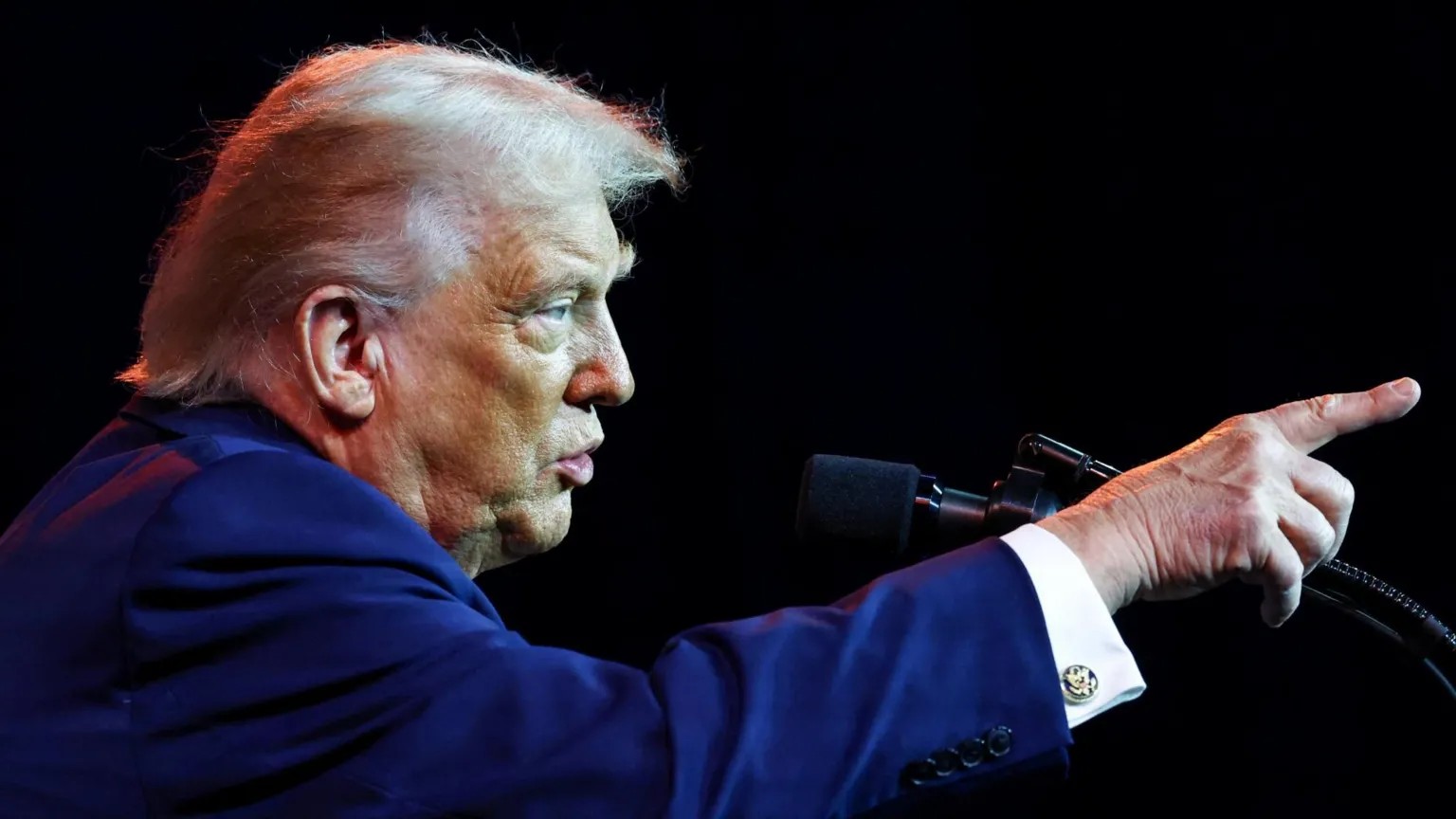
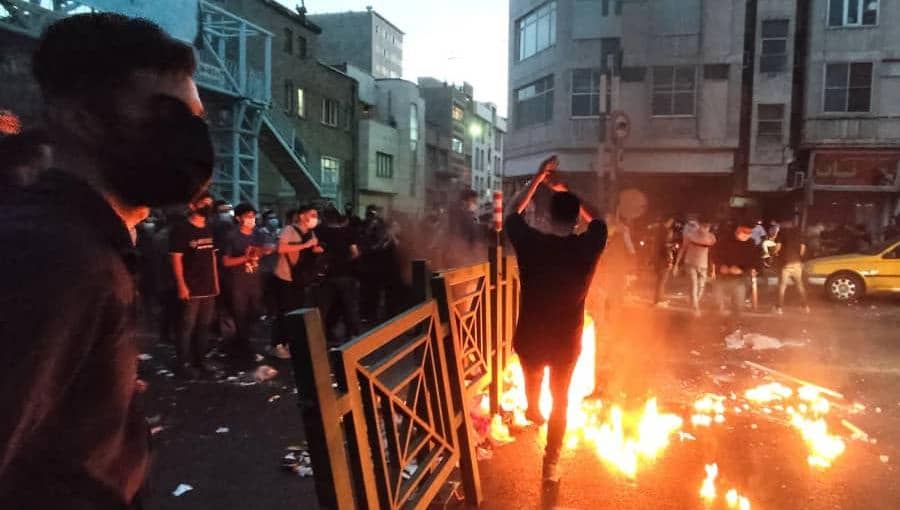


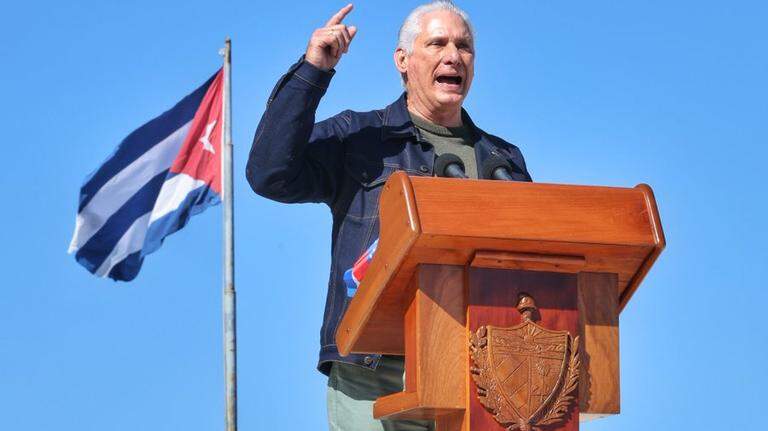
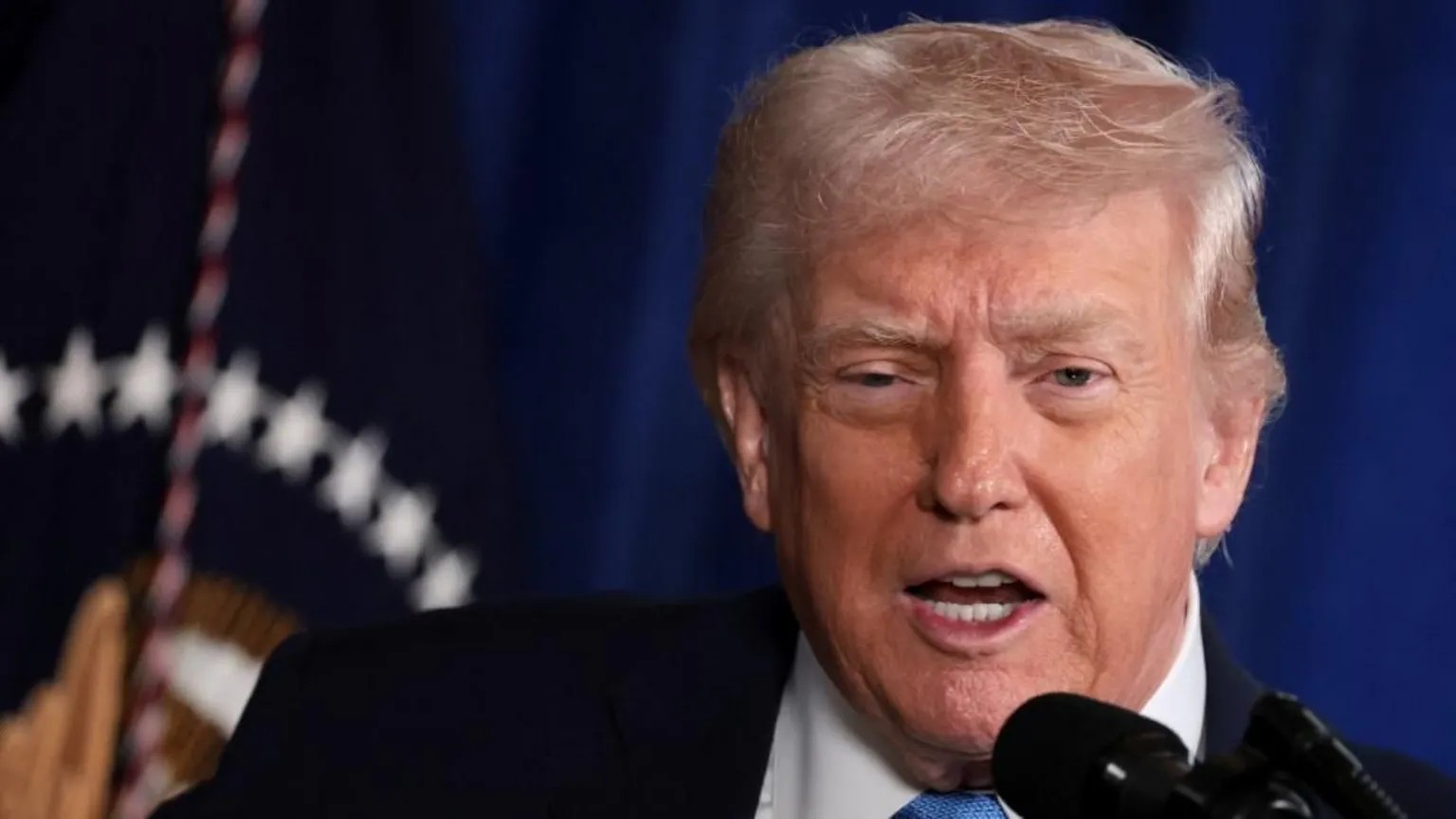
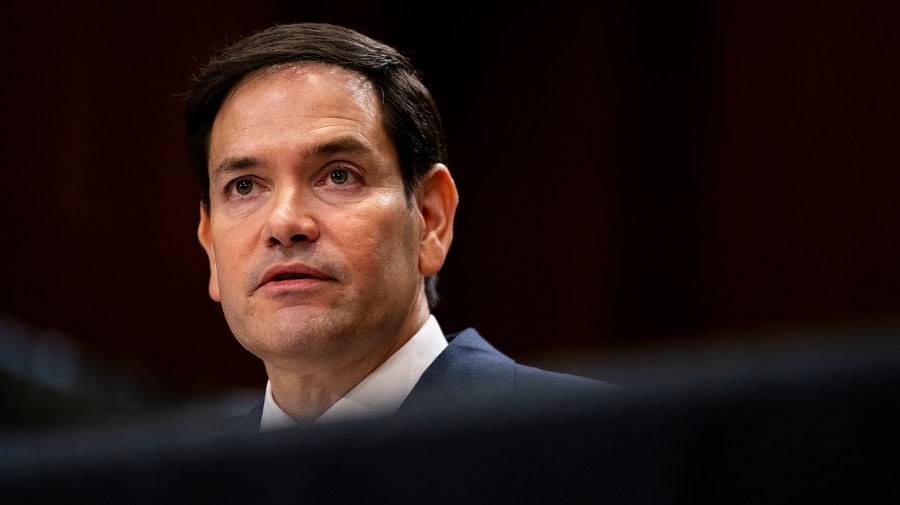
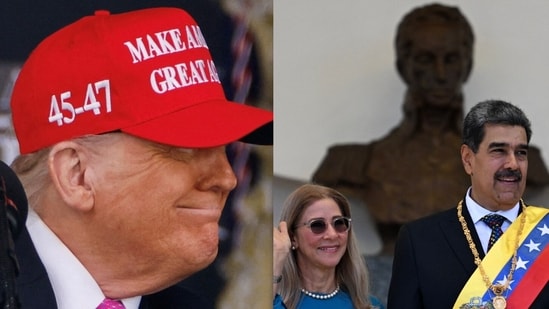




0 Comment(s)